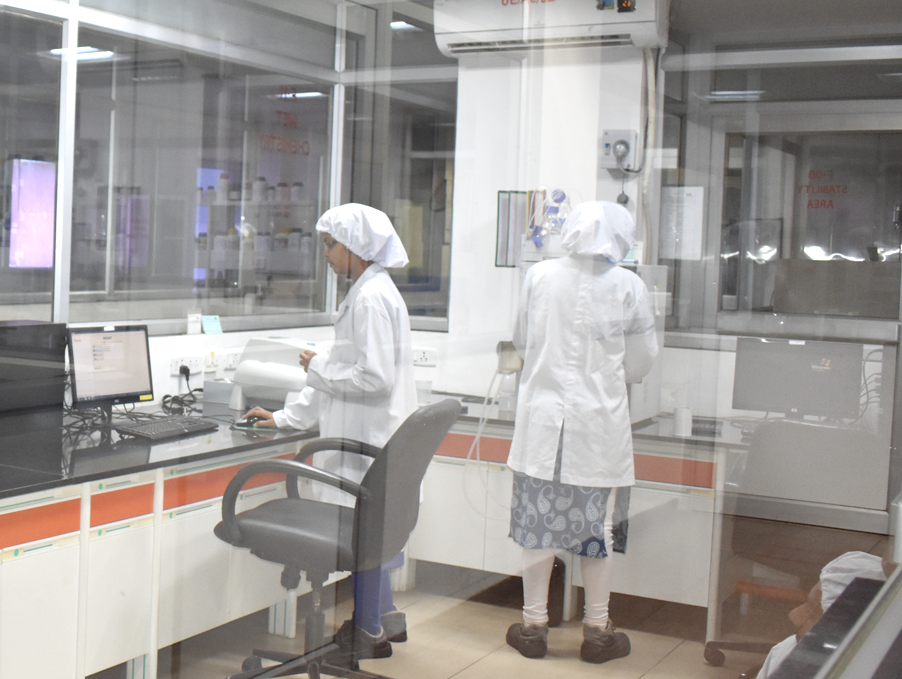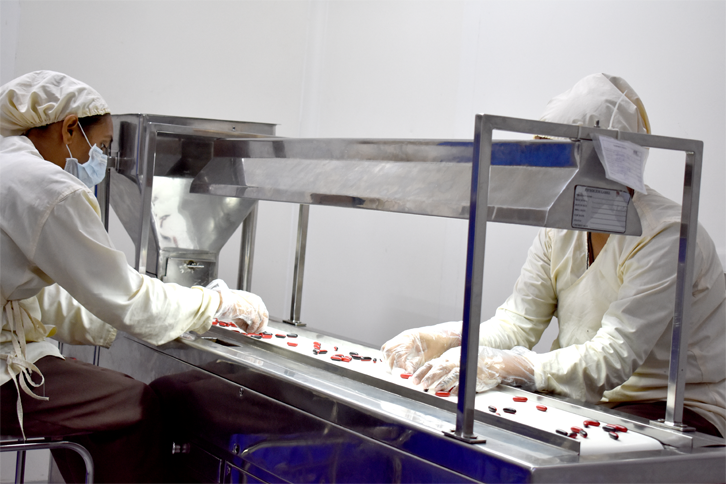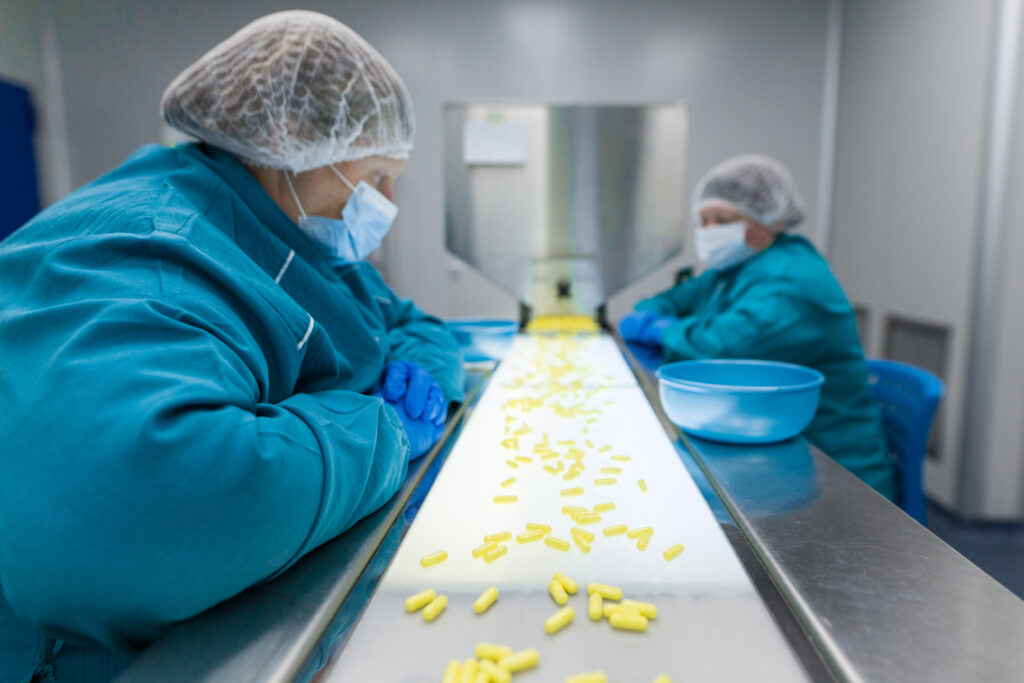The market for dietary supplements is not only changing but also expanding quickly. The next stage is sustainable manufacturing. Sustainability is essential to the supplement business change that we are currently seeing. The dietary supplement business is aware of the potential advantages of sustainability and regards it as a key element in boosting its effectiveness and achieving outcomes.
The sector is struggling with a different set of sustainability-related problems in addition to the recurring difficulties of declining margins, rising raw material costs, capacity variations, and supply chain disruptions.
What are the Pillars of sustainability?
The most straightforward concept of sustainability is definitely economic development. A company needs to be profitable and generate enough income to be in operation in the long run for it to be economically viable.
Reaching an equilibrium is difficult with this kind of sustainability. Companies should strive to make a profit in conjunction with other aspects of sustainability rather than maximising profits at all costs.



The topic of environmental protection is one that is most commonly debated. In the context of a supply chain, it is concerned with reducing carbon footprints, water use, non-decomposable packaging, and wasteful operations. These procedures are crucial for maintaining environmental sustainability and can frequently be financially advantageous.
Social development entails treating workers fairly and ensuring that stakeholders, customers, and the society in which a business operates are treated in a responsible, ethical, and sustainable manner.
This could be accomplished through more flexible perks like greater maternity and paternity benefits, flexible scheduling, and chances for learning and growth. Businesses should, for instance, recruit fair-paid, mature workers who can work in a secure setting to ensure sustainable labor.
In the health supplements sector, packaging is crucial. Our daily lives are filled with packaging, which reduces supplement waste and overall product breakage while providing high-tech convenience features at a reasonable price. The worldwide packaging market has been overgrown over the last ten years due to changes in substrate preferences and the rise of new end markets.
The new environment could present new collaboration opportunities for packaging converters with the correct focus and innovation capabilities to assist clients in updating their packaging portfolios. Converters will need to actively address sustainability challenges as consumer demands and regulatory obligations increase in the future.
Customers are seeking sustainable goods and companies that are committed to being environmentally friendly in all facets of their business operations as they become more conscientious of their purchasing decisions.
Benefits of sustainability in contract manufacturing
- Easier hiring and keeping of employees
- Easier hiring and keeping of employees
- Increased sales and brand awareness
- Increased capital and finance availability
- Heightened operational effectiveness through cost and waste reduction
- Long-term viability and prosperity of the business



Reducing energy and water consumption, manufacturing process emissions, physical waste generation, and recycling are all obvious strategies to achieve sustainable manufacturing. Sustainability must be included in the design for manufacturing (DFM) process from the beginning, rather than being added as an afterthought at the very end.
Beyond selecting from post-consumer recycled resin, plant-based materials, or even hybrids, there are many other green solutions available. It is claimed that before a bottle is moulded or blown, additives can be combined with conventional resins to change any type of plastic into a biodegradable substance.
For many years, synthetic chemicals have been used in the production of nutritional supplements, and in some situations, it may be argued that these ingredients are more environmentally friendly. Contrarily, synthetic biology is not a procedure that is permitted by the Non-GMO Project standard, which may confuse customers.
The sustainability of supplements is picking up steam among younger consumers who are more likely to consistently buy natural and organic meals. As more customers embrace openness and become more knowledgeable about the sourcing, production, and distribution of goods, the concept of sustainability will expand.
In reality, a lot of market and industry experts think that corporate responsibility and enthusiasm are essential to sustainability. It’s critical for brands to be open about their operations and ingredient sources.
Pharmaceutical producers are no longer allowed to operate without taking the environment into account during the manufacturing process. Sustainability no longer has to be sacrificed for profitability. Sustainability is not only compatible with cost-cutting, it may also be your company’s secret weapon.
Today, cutting costs is certainly your top goal if you are running a plant. However, you must think about how sustainability might be included into your manufacturing process if you want to remain competitive in the world of commercial production.

